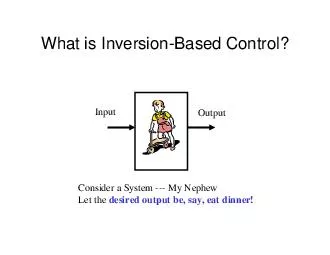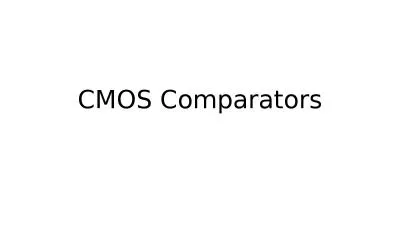PPT-Agenda Setting Input and Status
Author : luanne-stotts | Published Date : 2018-03-19
Method 1 Collective Insight Delphi Process Give Us Your EMail to Participate in an Online Collective InsightDelphi Process sign up sheet email us at infocahmiorg
Presentation Embed Code
Download Presentation
Download Presentation The PPT/PDF document "Agenda Setting Input and Status" is the property of its rightful owner. Permission is granted to download and print the materials on this website for personal, non-commercial use only, and to display it on your personal computer provided you do not modify the materials and that you retain all copyright notices contained in the materials. By downloading content from our website, you accept the terms of this agreement.
Agenda Setting Input and Status: Transcript
Download Rules Of Document
"Agenda Setting Input and Status"The content belongs to its owner. You may download and print it for personal use, without modification, and keep all copyright notices. By downloading, you agree to these terms.
Related Documents














